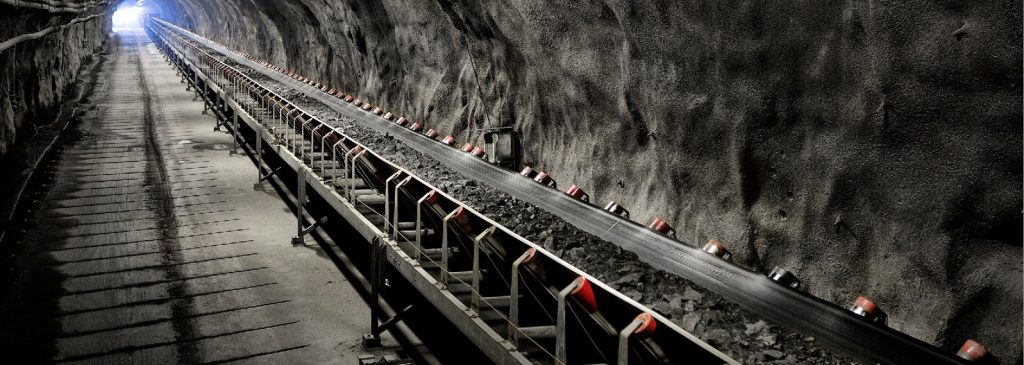- EN

Conveyor belts are versatile and widely used in various industries for efficient material handling. Here are some common applications and usage scenarios for conveyor belts:
Mining and Quarrying: Conveyor belts are used to transport bulk materials such as coal, ore, and aggregates in mining and quarrying operations, streamlining the extraction and transportation processes.
Manufacturing and Production: Conveyor belts play a crucial role in manufacturing and production lines for moving goods, components, and products between different stages of the production process. They are commonly used in industries like automotive, electronics, and textiles.
Packaging Industry: Conveyor belts are integral to packaging lines, where they assist in the movement of packages, cartons, and containers, ensuring smooth and efficient packaging processes.
These are just a few examples, and the applications of conveyor belts are diverse. Their adaptability and efficiency make them indispensable in various industries for enhancing productivity, reducing manual labor, and optimizing material handling processes.
Also, conveyor belts are manufactured using a variety of materials, each chosen for its specific properties and suitability for particular applications. The choice of material depends on factors such as the type of material being conveyed, the operating environment, and the desired performance characteristics. Here are some common types of materials used for conveyor belts:
Rubber:
Natural Rubber: Offers good flexibility and elasticity, suitable for conveying materials with moderate temperatures and abrasiveness.
Synthetic Rubber (e.g., Neoprene, Nitrile): Provides enhanced oil and chemical resistance, making it suitable for applications with exposure to oils and chemicals.
PVC (Polyvinyl Chloride):
PVC Conveyor Belts: Known for their durability, resistance to chemicals, and flexibility. Commonly used in food processing and packaging industries.
PU (Polyurethane):
PU Conveyor Belts: Offers excellent wear resistance, flexibility, and resistance to oil and chemicals. Widely used in food processing, wood, and automotive industries.
Metal:
Wire Mesh Belts: Constructed from interlinked metal wires, suitable for applications requiring high airflow and easy cleaning, such as in baking and cooling processes.
Cotton or Fabric:
Cotton Conveyor Belts: Provide good strength and flexibility, often used in industries with lightweight materials and low to moderate operating temperatures.
Nylon:
Nylon Conveyor Belts: Known for their high tensile strength, abrasion resistance, and durability. Commonly used in heavy-duty applications, such as mining and construction.
Polyester:
Polyester Conveyor Belts: Offer good strength, low elongation, and resistance to moisture. Suitable for various applications, including package handling and logistics.
Silicone:
Silicone Conveyor Belts: Known for their high temperature resistance, making them suitable for applications in baking, heat sealing, and other high-temperature processes.
Teflon (PTFE):
PTFE Conveyor Belts: Provide excellent non-stick properties, resistance to chemicals, and high-temperature resistance. Commonly used in the food industry for conveying products through ovens.
Composite Materials:
Combination Belts: Constructed using a combination of materials, combining the strengths of different materials to meet specific application requirements.
The selection of the conveyor belt material depends on factors such as the type of conveyed material, operating conditions (temperature, humidity, etc.), required durability, and regulatory considerations. The diverse range of materials allows for customization based on the specific needs of different industries and applications.
Some manufacturers globally are listed as:
Continental AG
Fenner Dunlop
REMA TIP TOP
SUADİYE MAH. BAĞDAT CAD. A NO: 399 B KADIKÖY/
İSTANBUL/ TURKEY
Postal code: 34740

Accreditations & Awards
Privacy Policy
Terms & Conditions
LEAVE YOUR EMAIL
Get Free Support
Leave Your Email and get detailed information about our products.
